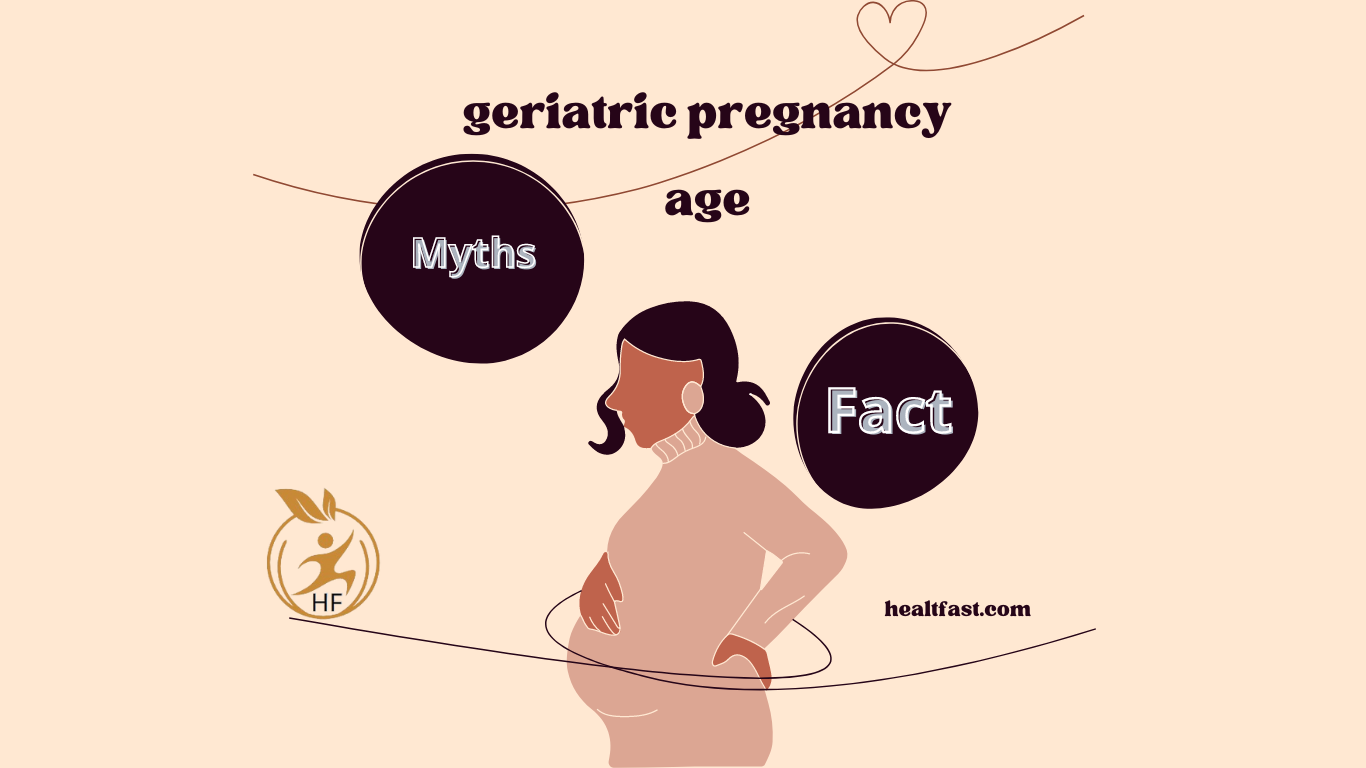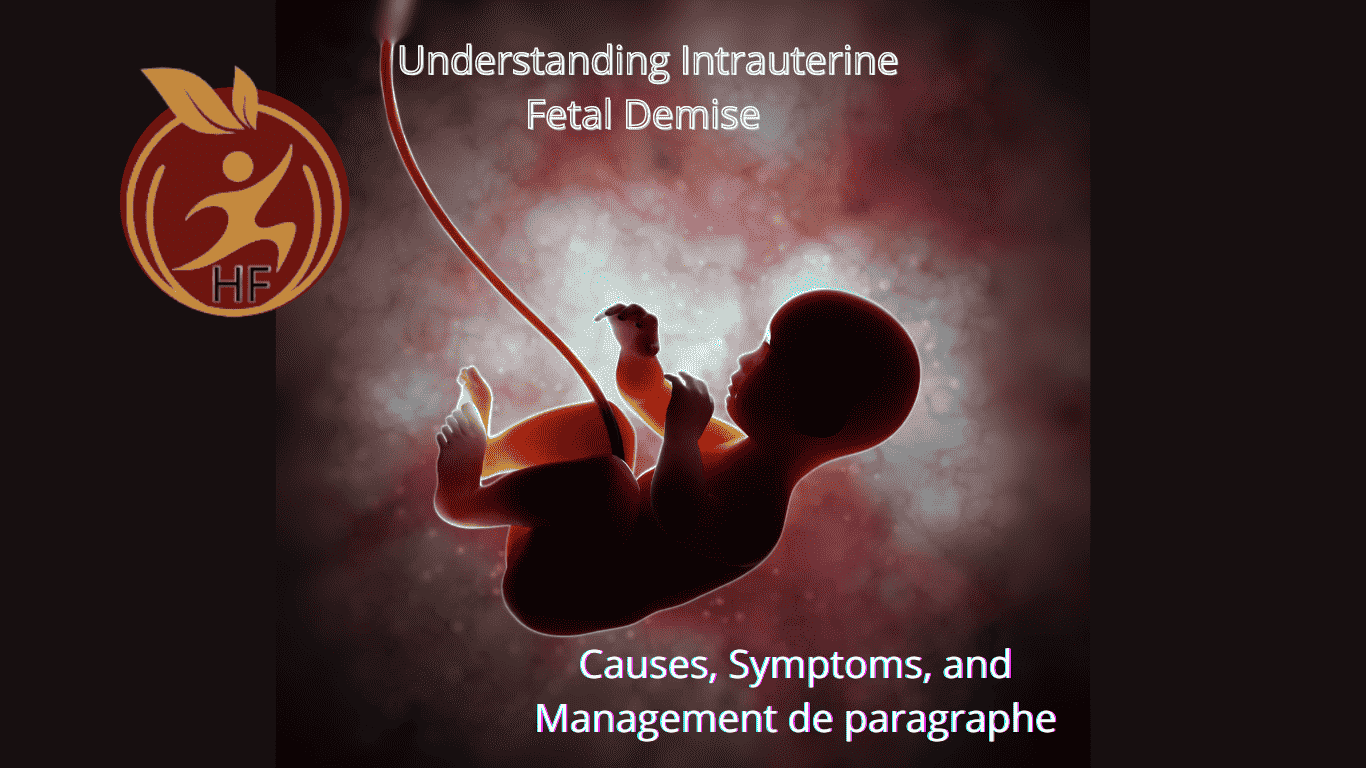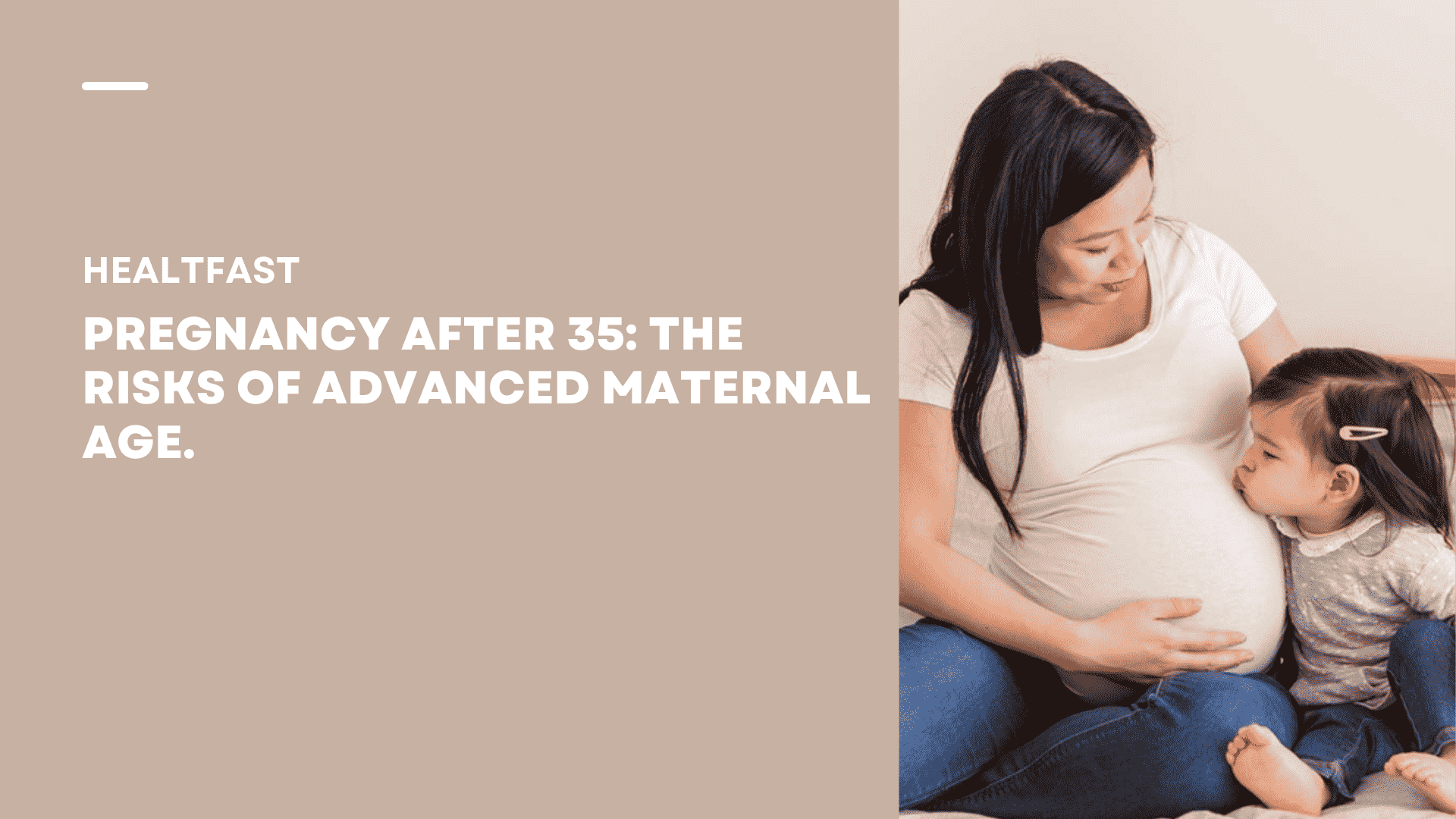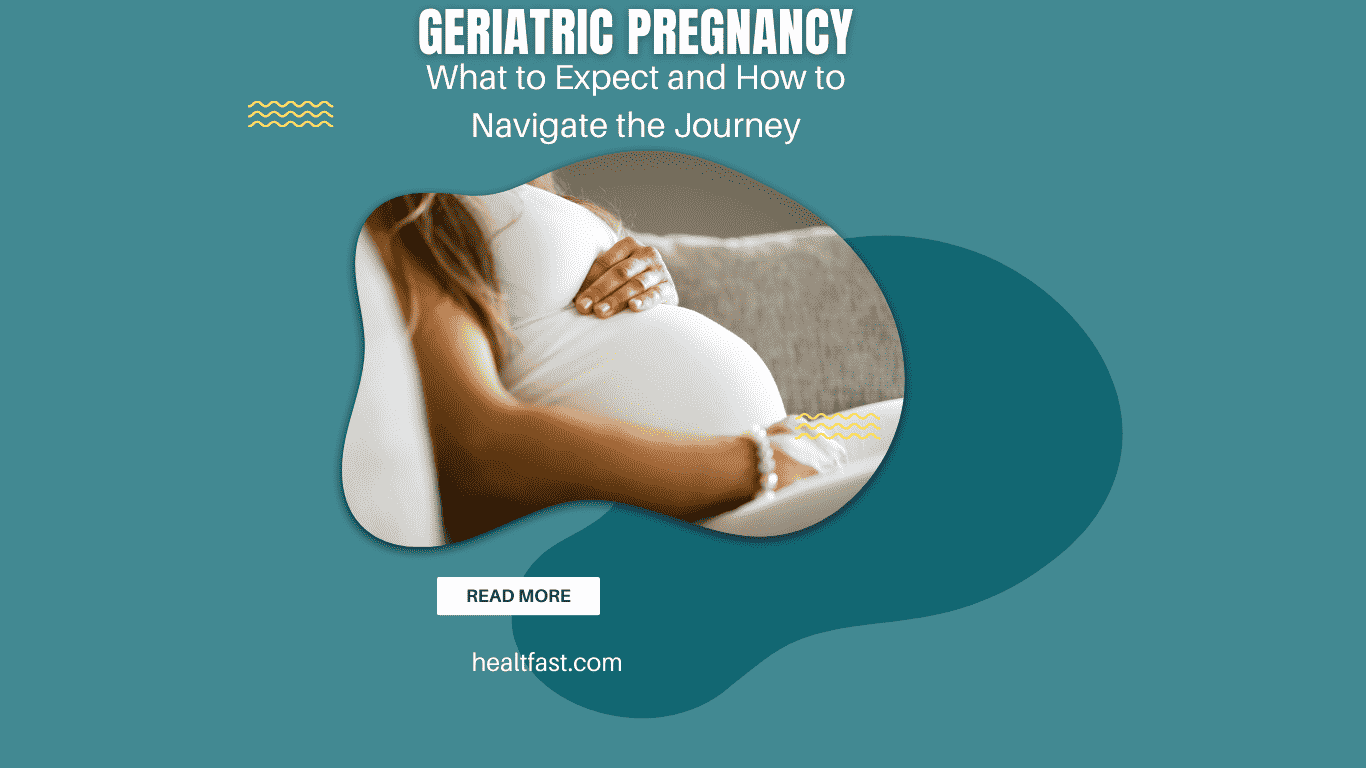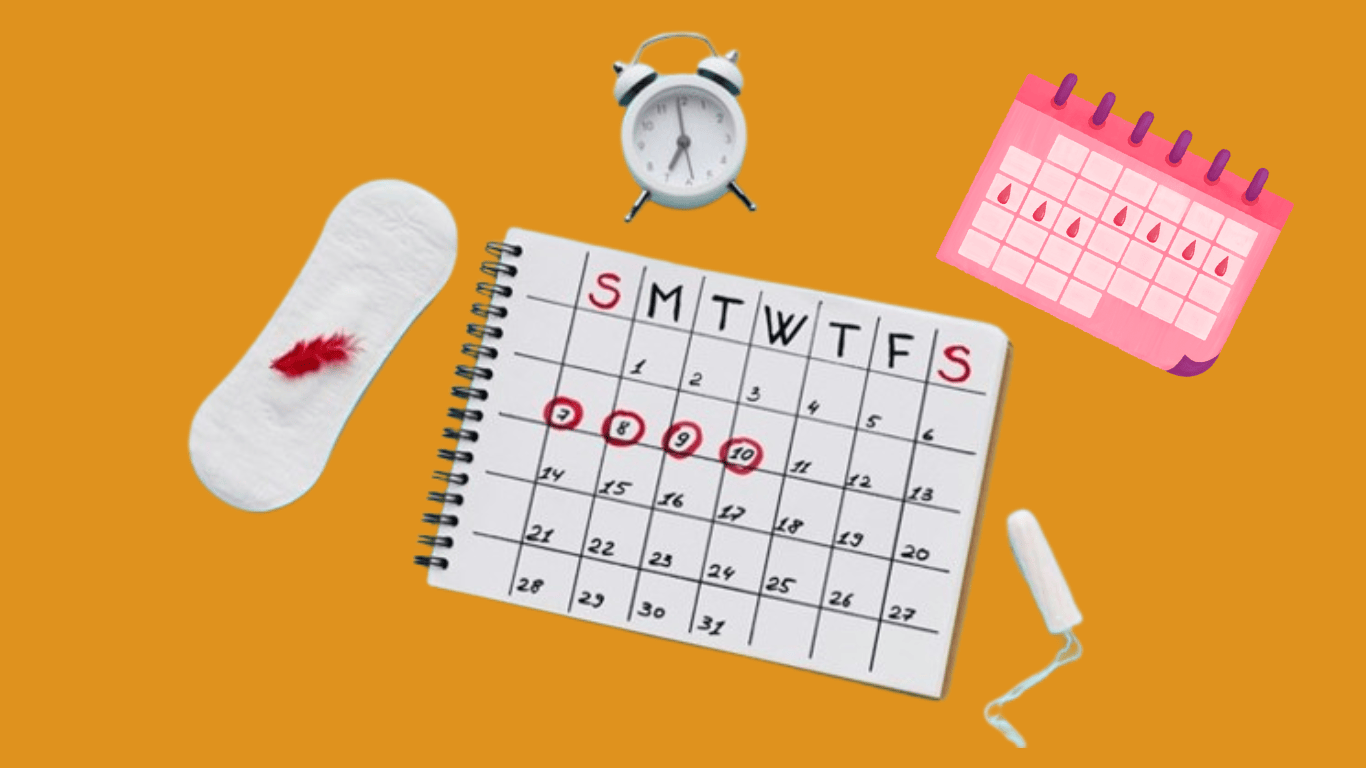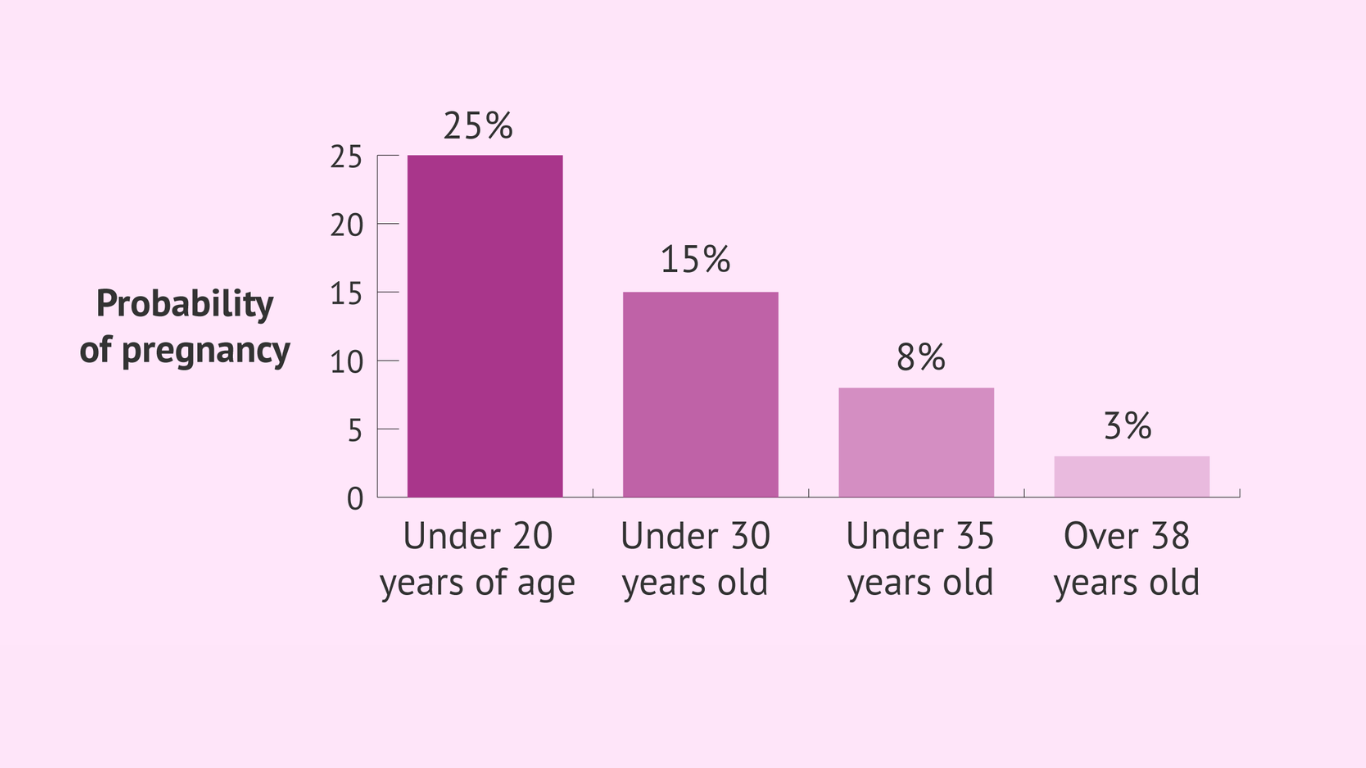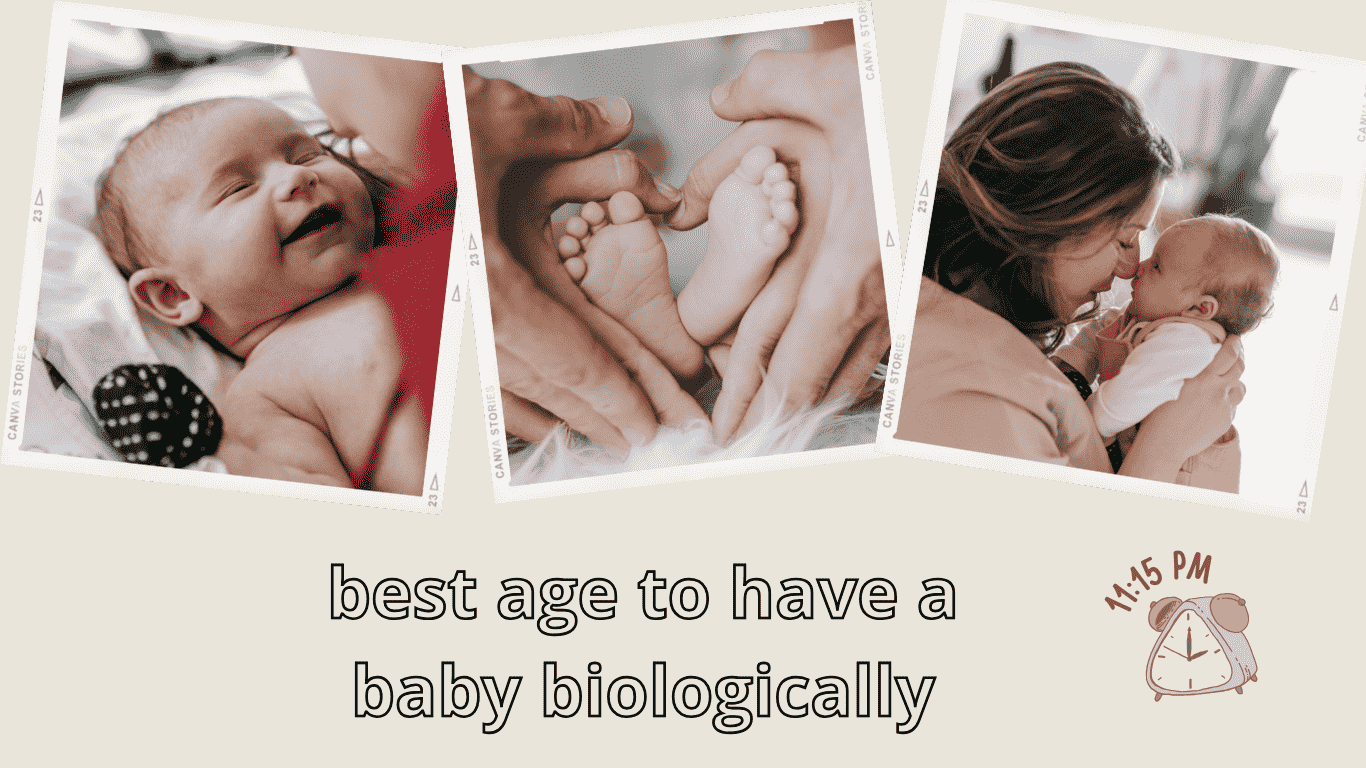Advancements in healthcare, education, and societal norms have led to a shifting landscape in family planning. One noticeable trend is the increasing age at which women are choosing to start a family. The concept of advancing maternal age has become a topic of considerable interest, with numerous myths and misconceptions surrounding its impact on fertility. This article aims to dispel these myths and present verified facts about the intersection of maternal age and fertility.
Myth 1: Fertility Declines Rapidly After 30
One common misconception is that fertility sharply declines after the age of 30. While it is true that fertility does decrease with age, the decline is gradual and not as dramatic as often portrayed. In their 30s, many women can still conceive naturally, and factors such as overall health, lifestyle choices, and genetic factors play significant roles in fertility.
Fact: Fertility Declines, but Pregnancy is Still Possible
Research indicates that fertility begins to decline in the late 20s, but significant decreases usually occur after the age of 35. However, many women in their late 30s and early 40s can still conceive without assistance. Seeking guidance from a healthcare professional can help women understand their individual fertility potential and explore available options.
Myth 2: In Vitro Fertilization (IVF) is the Only Solution for Older Women
There’s a prevailing belief that older women must turn to assisted reproductive technologies, such as IVF, to conceive. While these technologies have proven successful for many couples, they are not the only options available.
Fact: Natural Conception and Alternative Treatments
Natural conception is still possible for many women in their late 30s and early 40s. Additionally, other fertility treatments, such as intrauterine insemination (IUI) and fertility medications, may be considered before resorting to IVF. Consulting with a fertility specialist can help individuals explore the most suitable options based on their unique circumstances.
Myth 3: Older Mothers Face Higher Risks During Pregnancy
There is a common belief that advancing maternal age automatically leads to higher risks during pregnancy, such as complications for both the mother and the baby.
Fact: Individual Health Matters
While it is true that certain risks increase with maternal age, it is crucial to recognize that individual health plays a significant role. Women who maintain good overall health, engage in regular prenatal care, and follow healthy lifestyle practices can mitigate some of these risks. Adequate medical supervision during pregnancy is essential, regardless of maternal age.
Myth 4: Older Parents Cannot Provide Adequate Care
A prevailing misconception is that older parents may not be as physically or emotionally equipped to care for their children.
Fact: Varied Parenting Styles
Parenting abilities are not solely determined by age. Older parents often bring a wealth of life experiences, stability, and financial security to their families. Each individual’s parenting abilities are unique, and factors such as emotional intelligence and support networks are more relevant than age.
Advancing maternal age and fertility are complex topics that require nuanced discussions free from misconceptions. While fertility does decline with age, various factors contribute to an individual’s reproductive health. Dispelling myths and embracing facts empower individuals to make informed decisions about family planning, encouraging open dialogue and understanding within society. As societal norms continue to evolve, it is essential to celebrate the diversity of family structures and support individuals in their unique journeys towards parenthood.

